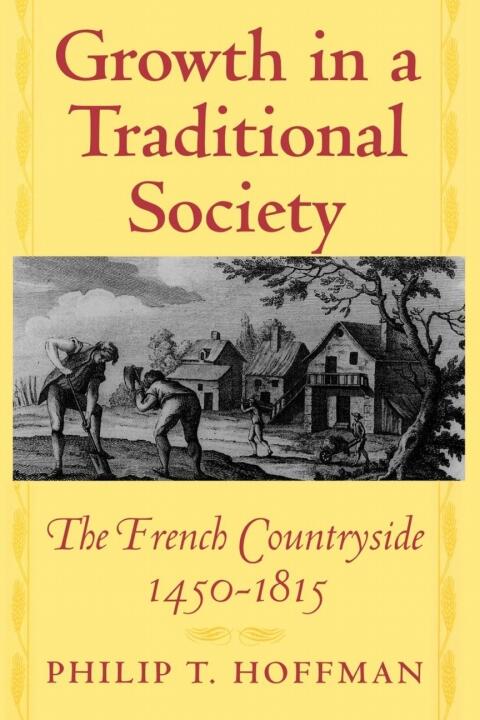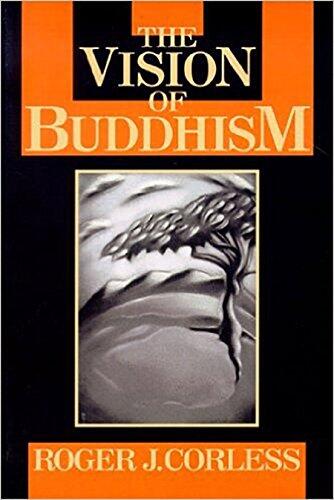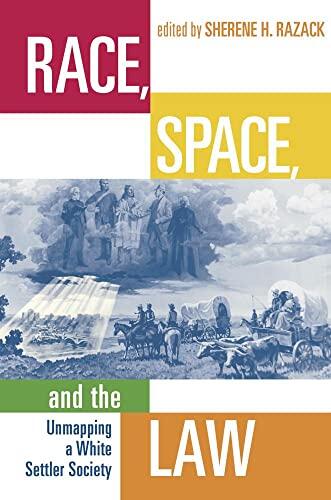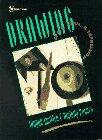
Growth in a Traditional Society: The French Countryside, 1450-1815
Inga betyg ännu
History
Format
Kindle
Sidor
362
Språk
Engelska
Publicerad
Jan 1, 2018
Förlag
Princeton University Press
Utgåva
2
ISBN-10
0691187207
ISBN-13
9780691187204
Beskrivning
Philip T. Hoffman challenges the prevailing notion that traditional agricultural societies were stagnant and unchanging from the late Middle Ages through the early modern period. By meticulously examining the dynamics of the French countryside between 1450 and 1815, he reveals a landscape marked by significant economic and social developments. Hoffman's analysis showcases how farmers, despite facing numerous obstacles, innovated and adapted their practices to enhance productivity and respond to market demands.
Through a blend of historical narratives and economic data, Hoffman illustrates the complexities of rural life and the interconnections between agriculture, regional markets, and broader economic trends. He highlights the role of local governance, land ownership arrangements, and agrarian technologies in shaping the growth and resilience of rural communities in France. In doing so, he offers a nuanced understanding of how tradition and change coexisted in this pivotal period of history.
This work not only contributes to the field of economic history but also provides valuable insights into the societal transformations that accompanied the rise of early modern Europe. Hoffman's conclusions encourage readers to rethink the historical trajectories of rural populations and recognize their essential contributions to the evolution of early capitalist economies.
Through a blend of historical narratives and economic data, Hoffman illustrates the complexities of rural life and the interconnections between agriculture, regional markets, and broader economic trends. He highlights the role of local governance, land ownership arrangements, and agrarian technologies in shaping the growth and resilience of rural communities in France. In doing so, he offers a nuanced understanding of how tradition and change coexisted in this pivotal period of history.
This work not only contributes to the field of economic history but also provides valuable insights into the societal transformations that accompanied the rise of early modern Europe. Hoffman's conclusions encourage readers to rethink the historical trajectories of rural populations and recognize their essential contributions to the evolution of early capitalist economies.
Recensioner
Inga recensioner ännu
Bli den första att recensera denna bok och dela dina tankar
Lägg till första recensionenLäsdagbok
Inga läsloggar hittades
Börja spåra dina läsframsteg för att se loggar här
Lägg till din första läsloggAnteckningar
Inga anteckningar hittades
Börja skriva anteckningar för att se dem här
Lägg till din första anteckningTransaktionslogg
Inga transaktionsloggar hittades
Börja spåra dina boktransaktioner för att se loggar här
Lägg till din första transaktionslogg


















